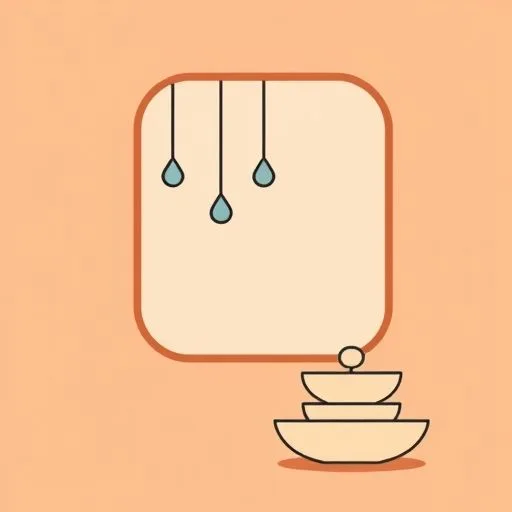
You’re scrubbing dinner dishes, the laundry’s piling up, and there it comes: ‘Mom, why do raindrops race down the window?’ Your partner pauses—just for a second—not because she has the answer, but because she sees that spark. You know that look, right? That spark in your kid’s eyes. I’ve watched her do this a thousand times: tired, overwhelmed, yet leaning in to wonder with them. Not with grand explanations, but in the cracks of our crazy days. And here’s what hit me: those tiny pauses aren’t stealing time. They’re stitching connection into the chaos. Parents everywhere are pulling this off, and it’s time we notice how.
The Pause That Changes Everything (Even When You’re Running Late)
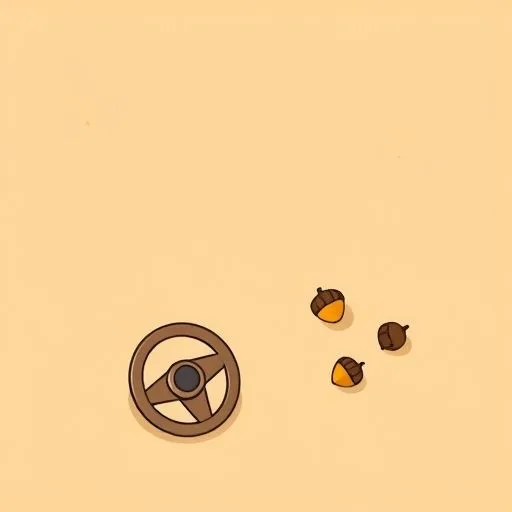
Picture this: the school run’s eating your morning, coffee’s cold in the cup holder, and your child pipes up from the backseat—’Why do squirrels hide nuts?’ Most of us would sigh, ‘Just because, honey.’ But not her. I’ve seen parents turn that question into a 30-second game: ‘You got me! Let’s spot three hiding spots before we hit the traffic light.’ No extra minutes added. Just swapping autopilot for attuned presence.
It’s not about having time—it’s about claiming moments. During breakfast cleanup, when my kid asked why bubbles pop, my partner flipped it instantly: ‘What if we blow one right now and count how long it lasts?’ No Pinterest-worthy setup. Just two hands, a soapy sponge, and curiosity bubbling up with the suds. Busy isn’t the enemy here. Rushing past the wonder is. These aren’t lessons; they’re whispers of ‘I see you thinking.’ And trust me—when she catches that ‘aha’ flicker on your kid’s face mid-rush hour? That’s the quiet magic keeping her going when the tank’s empty.
‘I Don’t Know’ Is the Best Answer You Can Give
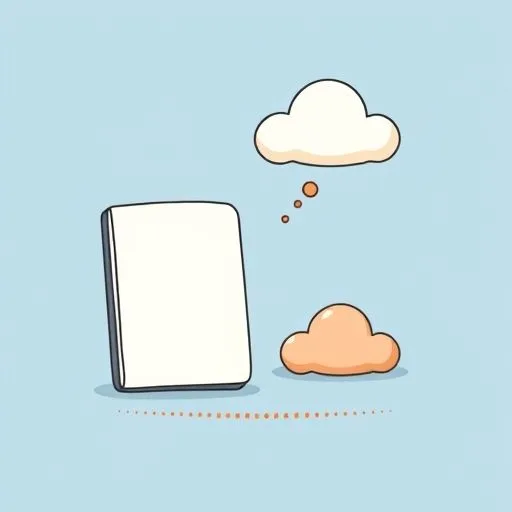
We’ve all felt it—that pressure to be the answer machine. ‘Mom, why is the sky blue?’ and your brain short-circuits while you’re unloading groceries. But here’s what I’ve learned from watching her: ‘I don’t know’ isn’t a cop-out. It’s a courage invitation. Last week, when my kid grilled her about ant behavior post-rain, she didn’t fake it. She shrugged, smiled, and said, ‘Wow, never thought about that! Want to guess why together while we put shoes away?’
That simple shift—from pressure to partnership—is everything. It teaches kids that curiosity matters more than instant answers. And for parents drowning in ‘should know everything’ guilt? Releasing that anchor feels like breathing. Instead of scrambling for facts during dinner prep, try: ‘That’s a genius question! Let’s text Dad and see what he thinks while we stir the sauce.’ Suddenly, ‘not knowing’ becomes a family adventure, not a failure. I’ve seen tired parents light up watching their kids brainstorm theories over spilled cereal. Why? Because they’ve traded performance for genuine connection—and that’s the real win.
Turning Routines Into Tiny Adventures
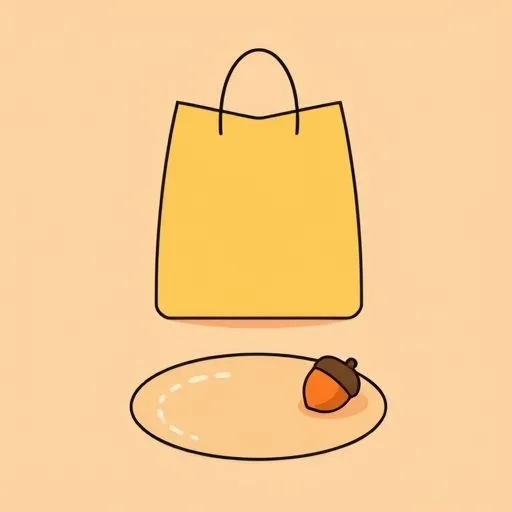
Mornings feel like survival mode, right? But parents are hacking the mundane without adding seconds. The subway commute transforms into ‘cloud detective hour’—’Look at that weird-shaped one! What’s it trying to tell us?’ Or take that grocery line wait—suddenly it’s a science lab: ‘Why do apples roll farther than oranges? Bet you can’t guess!’ It’s not about grand gestures. It’s glancing at a puddle on your walk home and asking, ‘How’d it get there? Let’s trace it back.’
I remember noticing how she’d use digital tools with our kids—not as pacifiers. Waiting for a doctor’s appointment? She’d fire up a stargazing app: ‘Zoom in on Venus! What if we drew it later?’ Five minutes, total immersion. No extra time carved out. Just redirecting screen minutes into discovery sparks. The secret? Treating routine like treasure hunting. That chaotic diaper change turns into ‘Oh! Your toes wiggle like springs! Why do springs bounce?’—and suddenly, both of you are laughing. Busy schedules don’t kill curiosity; they disguise it as everyday moments waiting to be noticed. Parents aren’t finding time. They’re flipping the lens on what’s already there.
How Micro-Moments Build Brave Thinkers
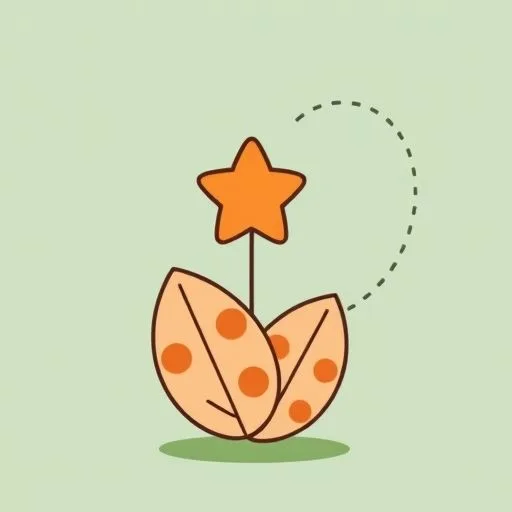
That little observation last Tuesday? When your kid noticed leaves changing color faster near the sidewalk vent? It’s easy to brush it off as random. But I’ve seen parents honor those flickers like Olympic medal moments. ‘You spotted that? That’s the kind of noticing real scientists do!’ That’s not empty praise—it’s planting seeds of ‘I’m a thinker.’
Years later, that kid won’t remember the exact science of raindrops—but they’ll remember Mom kneeling beside them in the grocery aisle, making the ordinary feel magical.
Here’s the beautiful ripple: when kids feel heard in small ways, they take bigger intellectual risks. A parent told me her daughter—who used to shut down after ‘I don’t know’—now shouts ‘Let’s test it!’ when stumped. Same kid. Same busy life. Just different messaging: ‘Your questions matter here.’ And it sticks. That’s the legacy: not ‘I answered every why,’ but ‘I showed you how to wonder.’ In our time-crunched world, that’s the gift only she can give—and it costs zero extra minutes. Just presence. And my god, that presence? It’s powerful beyond measure—the kind of magic that turns rushed days into memories that stick.
Source: Datadog Inc. (DDOG)’s AI Initiatives Accelerating Growth, Yahoo Finance, 2025/09/13 13:53:23
